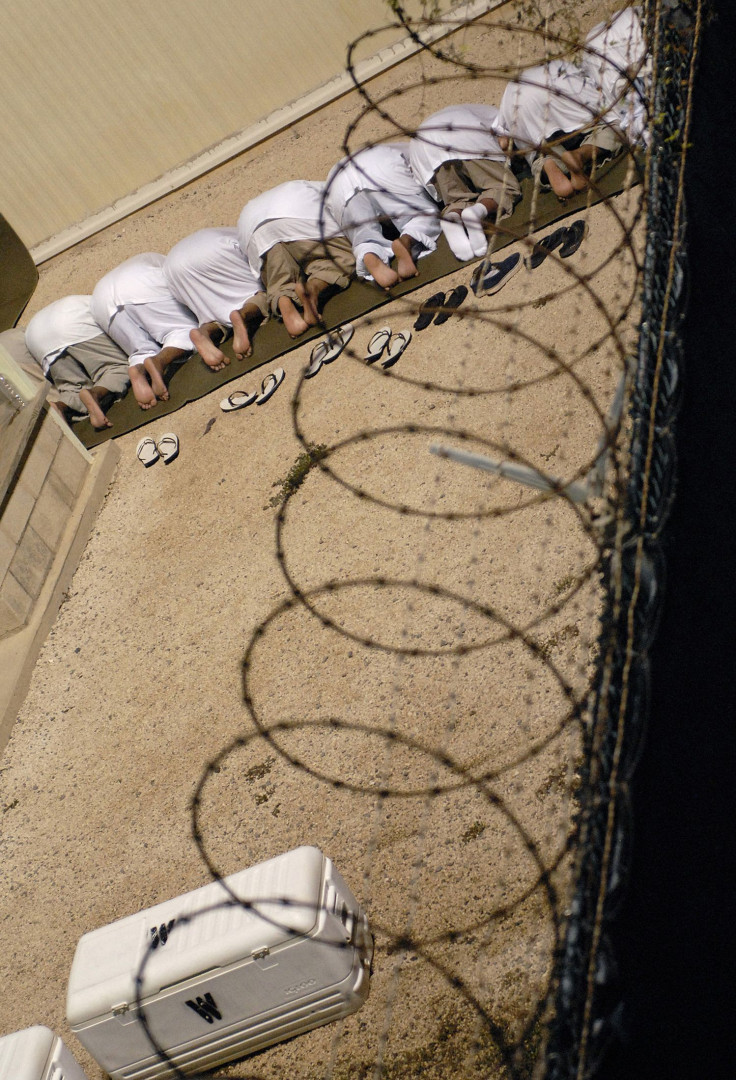ISIS Under Trump: Executive Order Would Send Islamic State Detainees To Guantanamo Bay

President Donald Trump’s administration was nearing the completion of an executive order that would send detainees of the Islamic State group to the Guantánamo Bay detention center in Cuba. But national security officials have warned the White House that doing so would only make U.S. forces a greater target for the extremist group overseas, the New York Times reported Wednesday.
A copy of the potential executive order that was being circulated among national security officials showed there were numerous amendments to it already. While it can be noticed that the executive order relinquished its language about reinstating C.I.A prisons, the mandate directing the Pentagon to send Islamic State detainees to Guantánamo Bay has remained.
The latest version of the draft instructed Defense Secretary Jim Mattis to use the Guantánamo holding facility to detain any suspected members of “Al Qaeda, the Taliban, and associated forces, including individuals and networks associated with the Islamic State.”
National security officers had advised the White House against keeping language naming the Islamic State directly, as that would give federal judges the ability to reject the potential executive order on the basis that Congress hasn’t officially authorized a war against ISIS.
After the 9/11 attacks, U.S. Congress gave the president the authority to use force against those who "planned, authorized, committed, or aided the terrorist attacks that occurred on September 11, 2001, or harbored such organizations or persons." But the Islamic State was never explicitly named by Congress in 2001 as one of the extremist groups the country was at war with along with Al Qaeda and the Taliban. While President Barack Obama argued in 2014 that the country’s efforts to fight the ISIS was legal under the 2001 Congressional decision because the Islamic State was created as an affiliate of Al Qaeda in Iraq, the debate on who the U.S. was actually at war with became muddled when Al Qaeda declared war on the Islamic State in September 2015.
“It raises huge legal risks,” Jack Goldsmith, a former senior Justice Department official in the Bush administration, told the New York Times. He expressed that a federal judge might reject the executive order because the U.S. is not in the dire political climate it was after the 9/11 attacks. “If a judge says the Sept. 11 authorization does not cover such a detention, it would not only make that detention unlawful, it would weaken the legal basis for the entire war against the Islamic State.”
© Copyright IBTimes 2024. All rights reserved.












